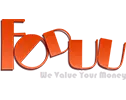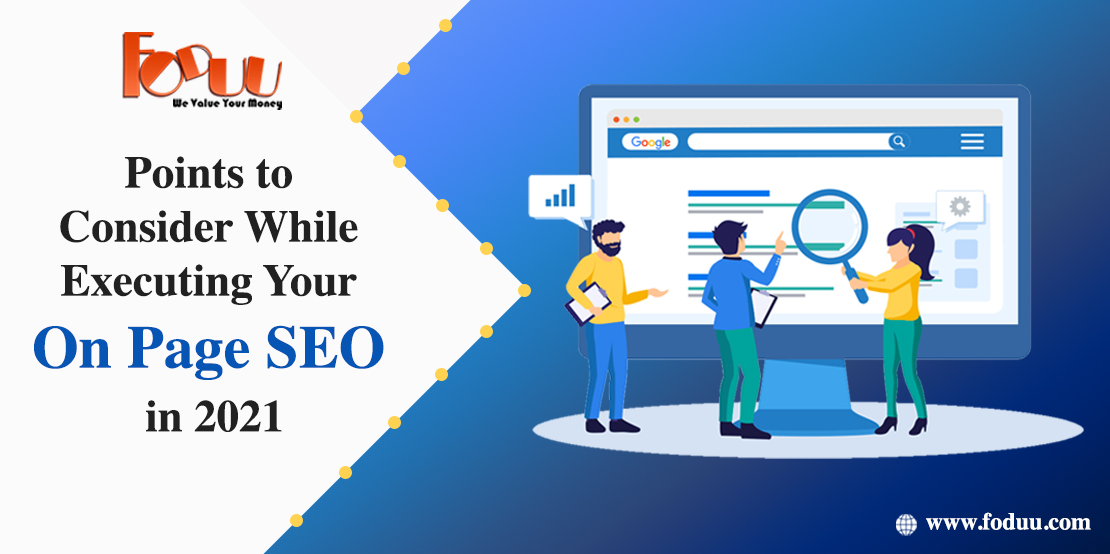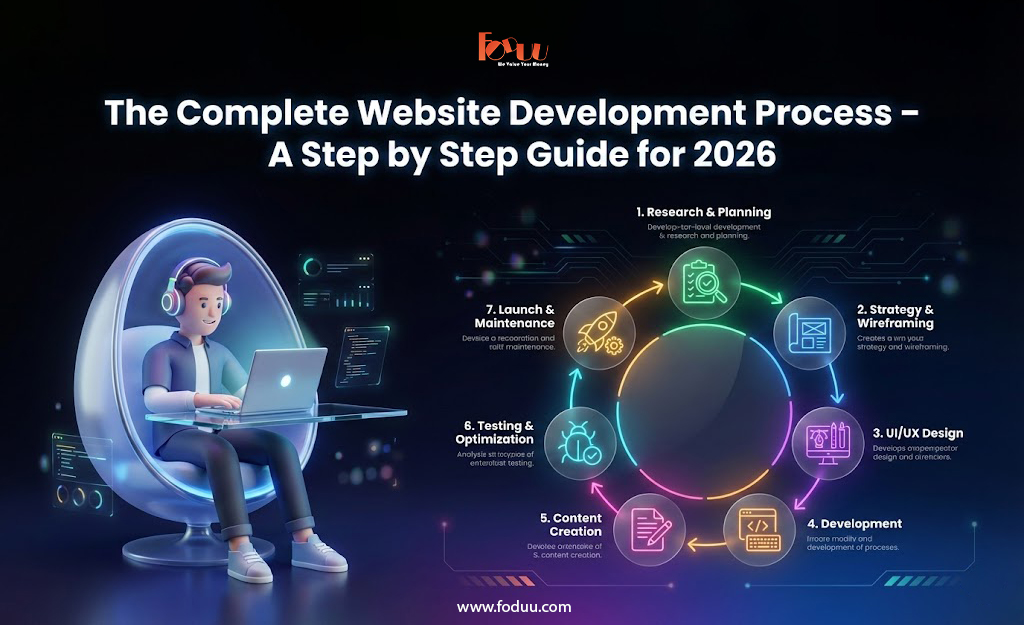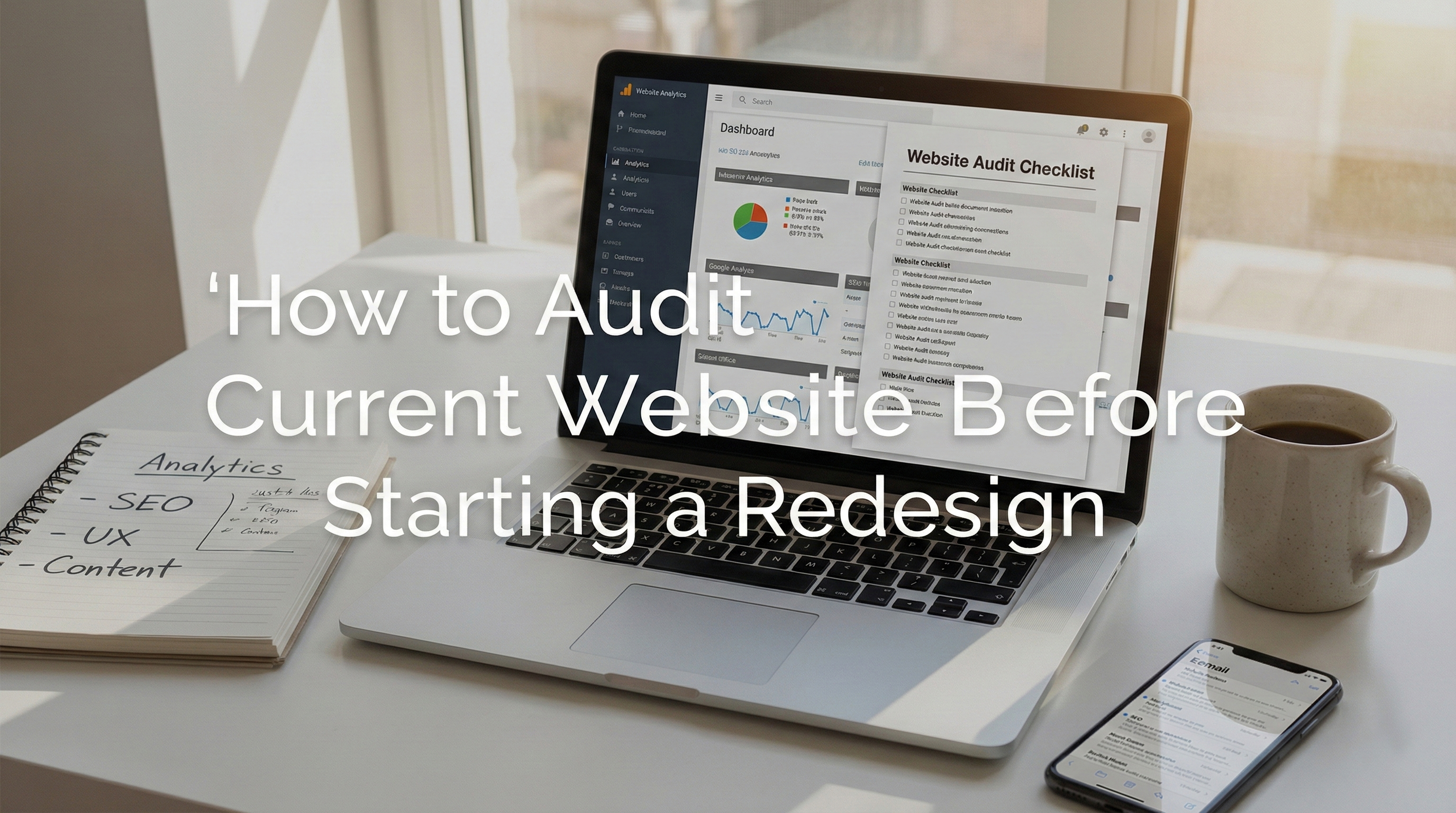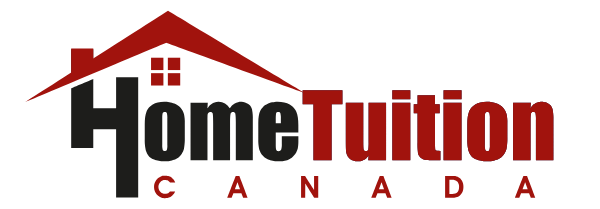There were companies looking to get top rankings to boost their traffic, leads, and eventually sales as long as there were search results.
While many strategies and techniques have come and gone over the years, SEO on the page is one of the few that has remained significant since the very beginning.
Although performing is not particularly difficult, beginners will attempt it, and best practices have changed over the years. With that in mind, to be your one-stop-shop for all things on-page SEO, we built this continuously updated resource.
At its most simple level, on-page SEO is the process of optimizing the pages and posts on your website. That covers both content and code under-the-hood. Your first goal should be to ensure that the content of your website is optimized with on-page SEO best practices in mind before you even consider spending the time and energy needed to earn high-quality links.
Basic and Advanced on page SEO activities
Meta tags
First and foremost, the title of your page focuses on keywords.
The closest to the beginning of the title your keyword is, the better. Above all, make sure the title makes sense and that the use of keywords is normal. Try using questions or tag modifiers to change up the format as well. Tag modifiers are nice to use for content that has been modified.
Meta descriptions
For On Page Seo, Meta Definitions have remained good practise for years.
So, in the meta description of the website, you'll want to make sure you have your keyword. Although meta descriptions do not necessarily explicitly affect rankings, when they are well-written and persuasive, they can increase CTR.That can have an effect on rankings in turn. So give importance to your meta descriptions.
URLs
Be sure to remember your target keywords when considering a URL. Google recently moved URLs above Page Title Tags, so now URLs are more important than ever before.
But it's pretty easy. Keep your URLs clean, based on keywords, and short
H1 tags
A popular tag you can use on every website is the H1 tag. It's a staple of the Seo page.
So be sure to make it your first heading tag and include the rich title of your keyword.
Give importance to first paragraph
Although pretty obvious, make sure in the first paragraph of your post you use your keyword. This is one of a number of ranking variables that Google and other search engines look at. Tip: Install WordPress SEO by Yoast if you use WordPress. In a very easy to understand way, you will get straightforward instructions on how to optimise each page of your web.
Keywords are indispensable
The frequency of keywords is as convenient as it sounds. While it's not a big SEO factor, your SERP rating can certainly be enhanced.
Basically, it confirms the algorithm of Google that your keyword is the subject of the page, indeed.
Also H2 H3 tags
Proper heading tags for H2 and H3 help organise the content for search engines and readers. For the page, they have a hierarchy that tells search engines which title should have more weight.
To give your on-page SEO a boost, you can include variations of your keywords in your headings.
Latent Semantic Index Keywords
By searching for your Google keyword and scrolling down, you can quickly find Latent Semantic Index Keywords or LSI keywords. You will be able to find associated searches once you're there. Pretty straightforward! Obviously, when you write or attempt to incorporate variations in your body text, headings, and even photos, you will naturally include this.
Importance of outbound links
Connection to 1-2 pages that are authoritative. And use tags to follow. In Google's eyes, linking to credible sources adds confidence to your blog.
Plus, it is a perfect way to give extra value to your readers by pointing them to new opportunities that they can explore.
Make your text readable
Online , people read differently. We have pages scanned. Probably, very few of you are going to read every word of this message.
The sheer amount of content which is published online is part of the cause. The other half is the fact that far too many distractions deliver our modern digital lives.
Brevity is fundamental. In your posts, breaking up the text makes the material more consumable and easier to read. On your website, break up the text and be sure to ditch publishing broad blocks of text.
Content length
The inquest, detailed content of over 2,000 words performs better and gives you enough space to naturally add keywords throughout the web.
It's a must-have for 2020 on the SEO page. And it isn't as hard as it sounds. Make sure that specific information about a subject is included so that users or potential leads for your resource can find what they are searching for.
Internal linking
Internal linking is important. So, link to significant posts and pages internally inside your site. This keeps Google longer on your site, which ensures that more sites will be crawled on your site. It also tends to increase "time on site" for travelers, meaning more possibilities for turning traffic into conversions.
Fast page loading
Google tests bounce rate and dwell time, so one of the fastest ways to better conversions is a fast website. A slow website has an effect on UX and can thus ding you in the SEO department. Only one more aspect that plays into successful on-page SEO is the pace of your server. A website that is quick is a must-have. You can do a variety of things to speed up your website, such as:
- CSS, JavaScript, and HTML Minify
- Enable for compression
- Enable Caching for Browsers
- Minify assets
- Optimize Pictures
- CSS Distribution Optimize
- Prioritize the material above-the-fold
- Reduce the number of plugins on your site that you need
- Decrease redirects
Easy to share content
Give the ability for your visitors to reinforce your message. Social shares allow you to digitally reach a wide target audience for free. So, with easily shared content, engage your followers (or new users!).
Increase CTR
If your website is not clicked on, it gives Google a clear signal that visitors do not find your content helpful.
It's also the opposite: more clicks, more relevance. Remember to write in mind with the purpose to check. Typically, Google will send you a bump in the search results. By writing incredibly persuasive copies that are tailored to making people click, you will optimize your CTR.
Snippets and Schema mark up
The short version is that adding markup to your web pages gives you greater search exposure and helps to boost your SEO on-page.
It helps Google algorithms better index and understand the content by using structured data markup in web content. Some information can also be used inside the search results to create and display Rich Snippets.
Fresh, useful and engaging content
The contentshould always be distinctive.
I mean, for the obvious reason that plagiarism is a major no, but also for the fact that your audience is engaged. A top priority should be to make the content meaningful with search intent in mind. To spice it up, add information like images and block content. In addition to good copywriting skills, the on-page SEO can only be strengthened.
Optimize content so that it gets clicked
It is important to prioritise content and pages when considering the layout of web sites. No more than 3 clicks from the home page, regardless of which page you want the visitors to enter. You'll get better rankings and conversions that way.
Minimize bounce rates
All that you've got is 3 seconds. Let stuff count.
Within 3 seconds of landing on your site, your CTA should be obvious right away. From there, by checking various value propositions and calls-to-action, review Google Analytics to see what your bounce rate is, work to reduce the number.
If you’re looking for a professional SEO service, or a custom digital marketing solution feel free to get in touch with us.We’d love to hear from you.
